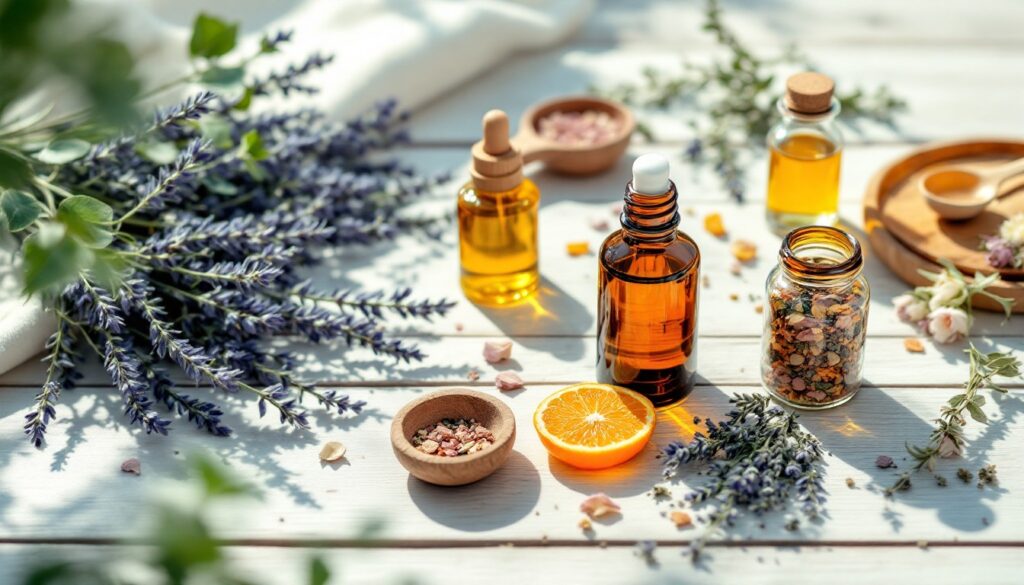Aromatherapy, the practice of using essential oils extracted from plants for therapeutic purposes, has grown in popularity worldwide. Known for promoting relaxation, its benefits extend far beyond calming scents. Emerging research and anecdotal evidence suggest aromatherapy may impact mental health, physical well-being, and even cognitive performance.
The Science Behind Aromatherapy
Essential oils such as lavender, peppermint, and eucalyptus are often diffused, applied to the skin, or used in massage therapy. Their primary mechanism lies in the stimulation of olfactory receptors, which send signals to the brain’s limbic system—the area responsible for emotions, memories, and arousal. This connection explains why certain scents can evoke powerful memories or moods.
Lavender, for instance, is renowned for its calming properties, reducing anxiety and improving sleep quality. A study published in Evidence-Based Complementary and Alternative Medicine found that participants who inhaled lavender oil reported lower stress levels. Similarly, peppermint oil has been linked to improved focus and reduced fatigue, making it a favorite for office workers and students.
More Than Just Relaxation
While relaxation is the hallmark of aromatherapy, its applications are surprisingly diverse. Research shows essential oils may aid in pain relief, immune support, and skin health. For example, eucalyptus oil has anti-inflammatory properties that help alleviate respiratory issues such as asthma or sinus congestion.

Additionally, aromatherapy may improve digestion. Oils like ginger or chamomile, when properly diluted and massaged onto the abdomen, can ease bloating and nausea.
Beyond physical benefits, mental health professionals are exploring aromatherapy as a complementary treatment for depression and post-traumatic stress disorder (PTSD). Bergamot oil, a citrusy scent, has shown promise in uplifting moods and reducing cortisol levels, the body’s primary stress hormone.
Practical Uses in Everyday Life
Incorporating aromatherapy into daily routines is simple and cost-effective. Diffusers provide a constant flow of calming scents in living spaces, while roll-ons and balms offer portable stress relief. Many spas and wellness centers also incorporate aromatherapy into treatments, from facials to massages.
However, experts advise caution. Essential oils should always be diluted with carrier oils like coconut or almond oil to prevent skin irritation. Pregnant individuals, children, and those with allergies should consult a healthcare provider before use.
A Holistic Approach
Aromatherapy’s appeal lies in its holistic approach to well-being. It addresses the mind-body connection, providing an accessible and natural way to manage stress and enhance health. Whether it’s creating a peaceful bedtime ritual or boosting focus during the workday, aromatherapy offers benefits that go well beyond relaxation.
As science continues to uncover its full potential, aromatherapy remains a valuable tool for those seeking balance and harmony in their lives.
